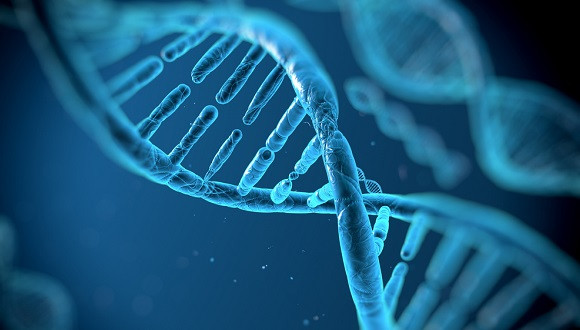Genetics (in English)
The mission of the program is to provide advanced education in molecular and genetic research. Students are exposed to the latest technologies, and carry out research in the forefront of biology. The experience gained by attending this program will be useful for those pursuing an academic career, as well as for those interested in joining the biotech and pharmaceutical industries.
About the Program
We live in the post-genomic era: technological advances have allowed the sequencing of a large number of genomes, including that of humans. Genetics and Genomics stand today as the most central disciplines in biological research. Genetic research encompasses all aspects of life and provides insights on the function of cells and organisms, their interactions, and the consequence of their malfunction, from cancer to neurodegenerative diseases. Genetic tools, combined with molecular biology technics, stand today at the center of the biotechnological research. Modern pharma and high-tech biotechnological industries are based on the novel information and tools provided by the genetic and genomic disciplines.
Why Genetics?
The program provides advanced education in molecular and genetic research. Students are exposed to the latest technologies and carry out research in the forefront of biology. The experience gained by attending this program will be useful for those pursuing an academic career, as well as for those interested in joining the biotech and pharmaceutical industries.
The Program in Genetics is interdisciplinary and open to Biology students from all the schools of the Life Sciences Faculty. Students carrying out research in subjects related to genetics – in the widest possible terms: molecular, quantitative and systems biology, evolutionary studies, developmental and cancer biology, etc. – in all of the Life Sciences Faculty labs are welcome to join the program
Program Chair
Genetics is at the center of the biological sciences; It links studies of basic mechanisms of cell function (molecular biology), the response of cells to the environment or to other cellular processes (physiology), the composition of the basic units of inheritance (genomics and cytogenetics) and the way they have developed during the expansion of life on Earth (evolution). Modern day genetics makes use of the latest technologies to find function for genes, to try to find remedies to human diseases, and to dissect the basic mechanisms of life.
|


